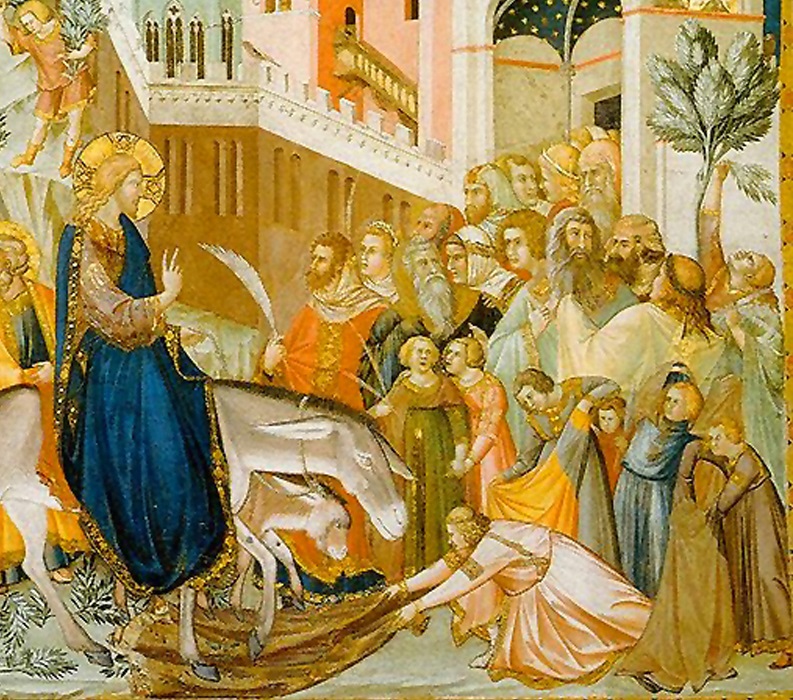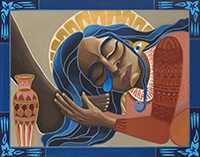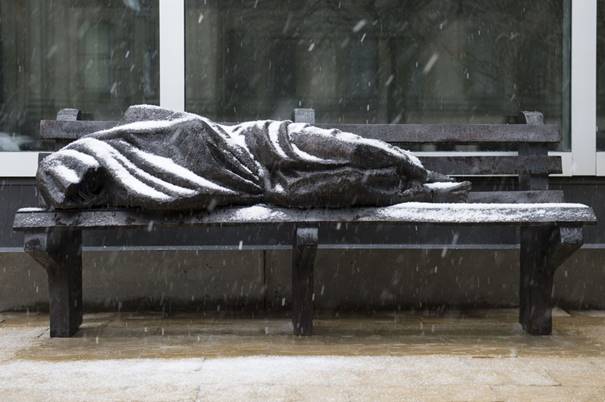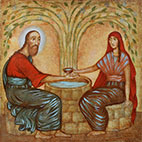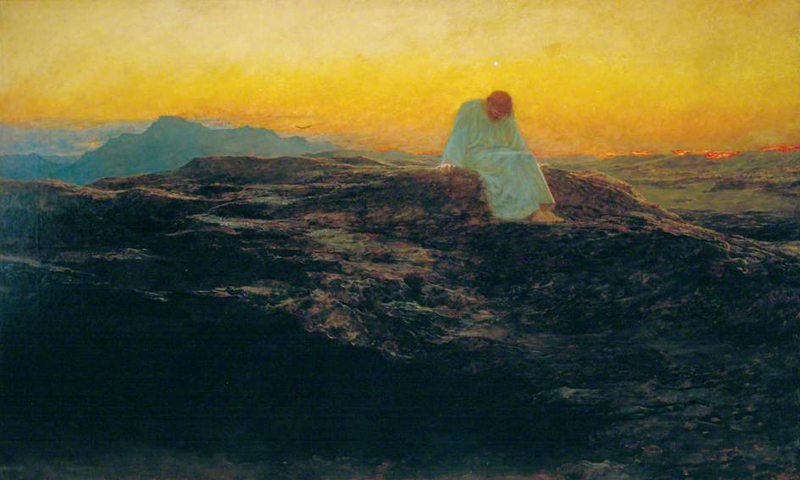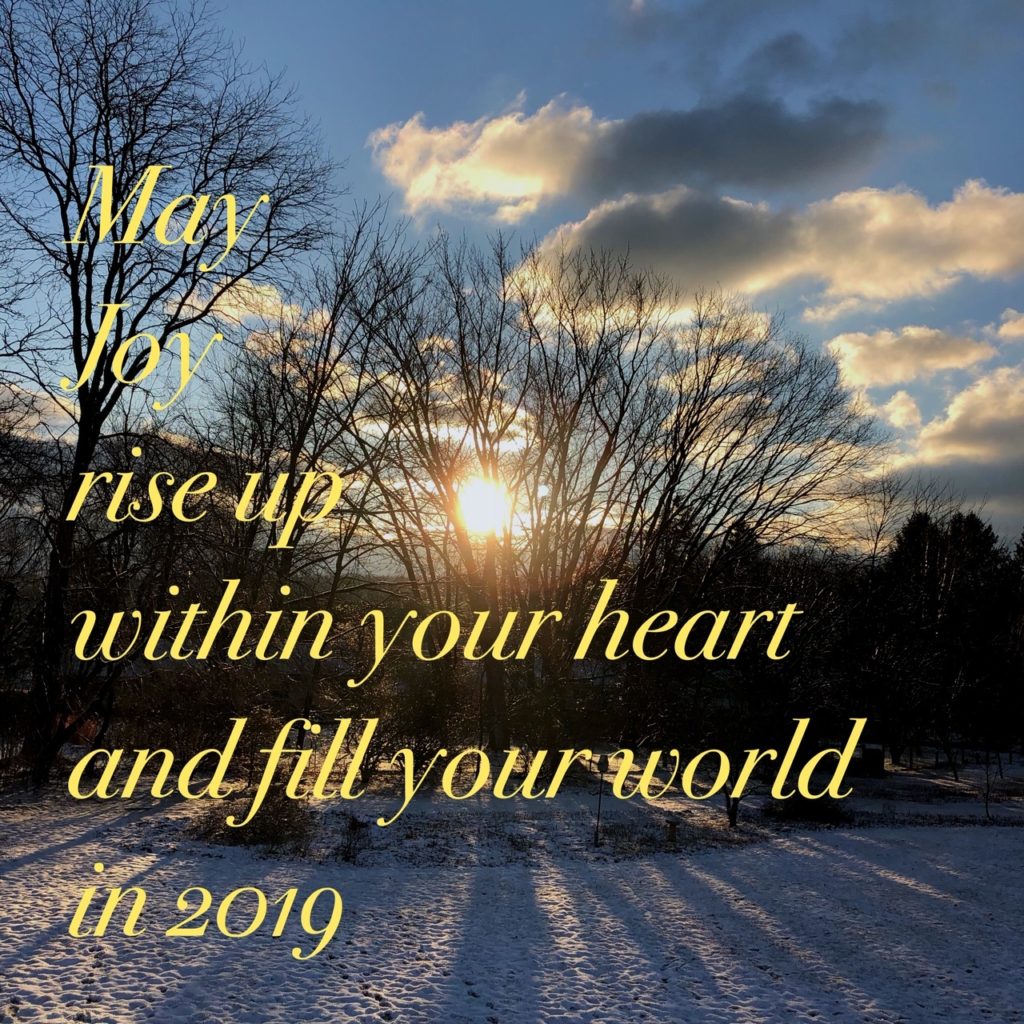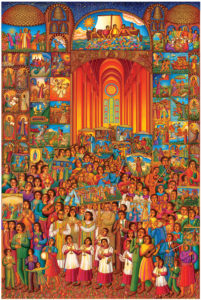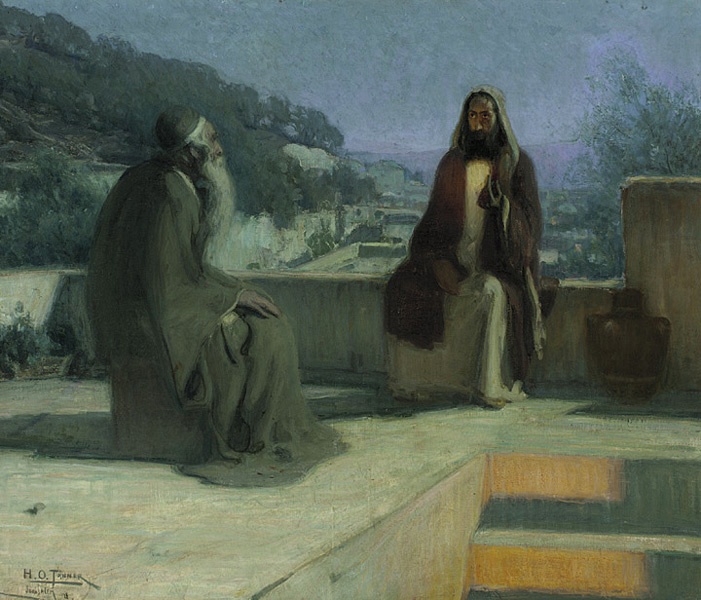
Nicodemus and Jesus on the Rooftop by Henry Ossawa Tanner, 1899
Welcome to the second week of Lent!
As we walk further into the wilderness we find ourselves in uncharted territory.
“The wind blows where it chooses, and you hear the sound of it,
but you do not know where it comes from or where it goes.
So it is with everyone who is born of the Spirit.”
~ John 3:8
Jesus speaks these words to the highly trained religious scholar and leader, Nicodemus. Nicodemus has arrived at night genuinely curious about the signs that Jesus has done. Clearly, Jesus is a teacher who has come from God; after all he has just turned water into wine at the wedding in Cana (see John 2:1-11 and read my reflection on this feast here). But Nicodemus is entrenched in his beliefs and cannot see the new things that God is doing through Jesus.
Nicodemus knows but he cannot see. He is in uncharted territory. He must let go of all his certainties and trust in the presence of God that is sitting right in front of him.
All creation stories begin in darkness and chaos, as do all meaningful changes in life. The wind of change – of transformation – has begun to blow in Nicodemus’s life. It takes him time to open his heart and see where the mysterious winds of grace will take him. Nicodemus shows up two more times in Jesus’s life. He stands up for Jesus (see John 7:50-52) and then with Joseph of Arimathea he buries the body of Jesus after he is crucified (see John 19:38-42). For Nicodemus the whole story had to unfold and many things had to come to an end before he recognized the Spirit of Truth.
Centering Prayer
Centering prayer incorporates silence, solitude and stillness that enables us to identify with Christ.
Centering prayer deepens our relationship with the living Christ.
Phileena Heuertz of the Gravity Center describes the prayer as giving our full attention to God, creating a quiet space. Phileena invites us to “think of the soul as a garden, allowing the Master Gardner to nourish and nurture that garden and then, the activity or the fruit of the prayer is found in our active life.”
Phileena Heuertz offers these instructions:
- Sit in an upright, attentive posture in a way that allows for an erect spine and open heart. Place hands on your lap.
- Gently close your eyes and bring to mind your sacred word, image, or breath as your symbol to consent to the presence and action of God within you. Your sacred symbol is intended to be the same every time you pray. It helps to ground you in the present moment, allowing you to give your undivided loving, yielded attention to God. Choose a name for God or a characteristic for God like, Love, Peace, etc.
- Silently, with eyes closed, recall your sacred symbol to begin your prayer. As you notice your thoughts, gently return to your sacred word. Do this however many times you notice your thoughts.
- When your prayer period is over, transition slowly from your prayer practice to your active life.
It is recommended to pray in this fashion for a minimum of 20 minutes, two times a day. Start slowly with initial prayer periods of 5 – 10 minutes, working up to the desired length of time.
